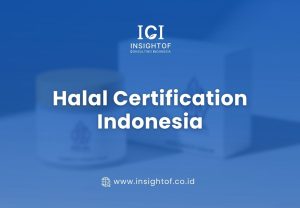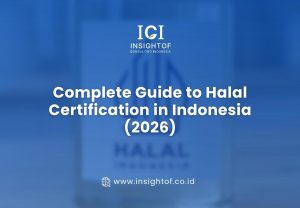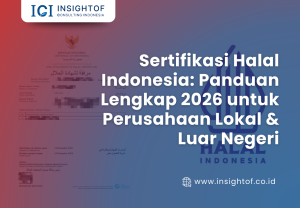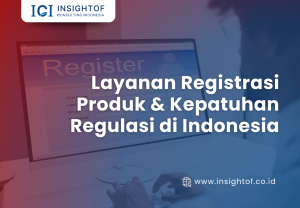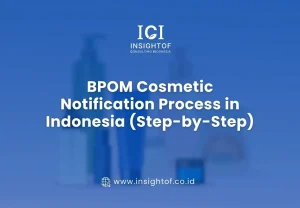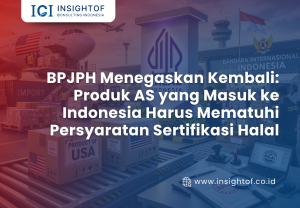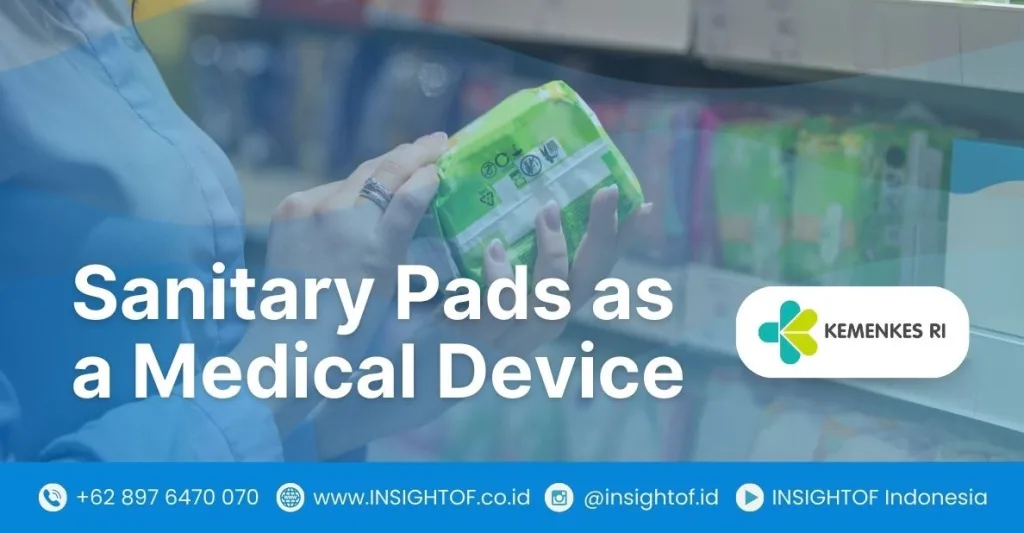
Sanitary pads and pantyliners are classified as Obstetric and Gynecological Devices under Indonesian medical device regulations, with the following classification:
- Category: Obstetric & Gynecological Devices
- Subcategory: Therapeutic Obstetric & Gynecological Devices
- Risk Class: Class 1A (low risk)
Although widely considered consumer products, in Indonesia sanitary pads and pantyliners fall under the category of non-electromedical, non-sterile medical devices.
Well-Known Halal-Certified Brands in Indonesia
Many leading sanitary pad and pantyliner brands in Indonesia have already obtained halal certification from MUI/BPJPH, including:
- Laurier
- Charm
- Softex
- Kotex
- Natracare
Mandatory Halal Certification in Indonesia
Indonesia’s Law No. 33 of 2014 on Halal Product Assurance, along with Presidential Regulation No. 6 of 2023, now requires all medical devices marketed in the country to comply with halal certification requirements eventually.
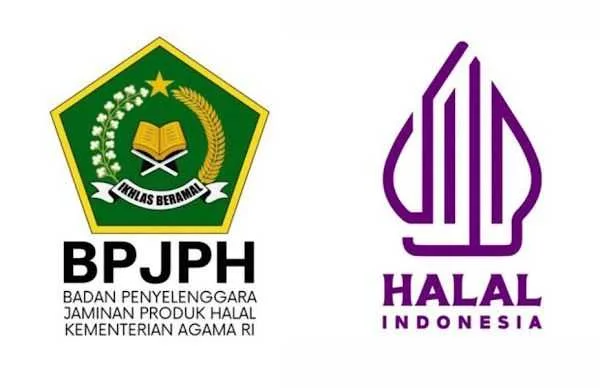
This implementation will be rolled out in stages:
| Medical Device Class | Mandatory Halal Certification Date |
| Class A | October 17, 2026 |
| Class B | October 17, 2029 |
| Class C | October 17, 2034 |
| Class D | October 17, 2039 |
Why Halal Certification Matters for Sanitary Pads
Why Halal Certification Matters for Sanitary Pads
Halal certification is required because:
- Products containing non-halal ingredients (e.g., pigskin-derived gelatin) can still be marketed but must be clearly labeled as “non-halal.”

- Some pads or pantyliners may use animal-derived materials, such as adhesives or absorbent components containing gelatin or collagen.
- If animal-derived ingredients are used, they must come from halal sources and animals must be slaughtered according to Islamic law.
- Even if a product only uses synthetic materials (polymer, cellulose, cotton, etc.), halal certification is still required, though the process is simpler.
Therefore, as a Class A Medical Device, Sanitary Pads and Pantyliners will need to obtain halal certification starting October 17, 2026.
Download Regulation Here:
Government Regulation No. 39 Year of 2021
Peraturan Presiden (Perpres) Nomor 6 Tahun 2023
Halal Certification Process
Manufacturers and distributors of sanitary pads must follow several steps to get certified.
- Material Identification: First, ensure that all raw materials, adhesives, and coatings do not contain haram (prohibited) substances.
- Production Audit: Next, you need to verify that your production facilities are free from contamination with non-halal materials.
- Documentation & Halal Assurance System (SJPH): You must create and maintain documentation, including a halal policy, ingredient traceability, and compliance records.
- Submission to BPJPH: The certification process itself is managed by the Halal Product Assurance Agency (BPJPH). A Halal Inspection Body (LPH) conducts the audit, and the final halal ruling comes from MUI.
- Halal Labeling: Finally, once certified, you must place the halal logo on the product packaging.

Impact on Manufacturers & Distributors
With Indonesia’s majority Muslim population, halal certification builds stronger consumer trust. Starting October 2026, only sanitary pads and pantyliners with halal certification (or a clear non-halal label) can be legally sold in the market.
Conclusion
Sanitary pads and pantyliners, though low-risk Class A medical devices, will be required to obtain halal certification starting October 17, 2026. Manufacturers and distributors should prepare their documentation and audit processes early.
Beyond regulatory compliance, halal certification provides a market advantage that enhances consumer trust and strengthens competitiveness in Indonesia.
INSIGHTOF Halal Certification Services
At INSIGHTOF, we support medical device, cosmetic, and food & beverage companies in navigating Indonesia’s halal certification and regulatory landscape with confidence. Our services include:
- Halal Certification Assistance → from BPJPH application to MUI fatwa process.
- Medical Device Registration → obtaining product approval from the Indonesian Ministry of Health.
- Regulatory Consulting → end-to-end guidance for manufacturers, importers, and distributors.
Contact INSIGHTOF today for a free consultation. Our expert team will help ensure your products — including Class A medical devices such as sanitary pads and pantyliners — meet halal certification requirements and achieve a smooth, compliant entry into the Indonesian market.
Do you need assistance registering your product in Indonesia?
Contact us today to start your registration process.
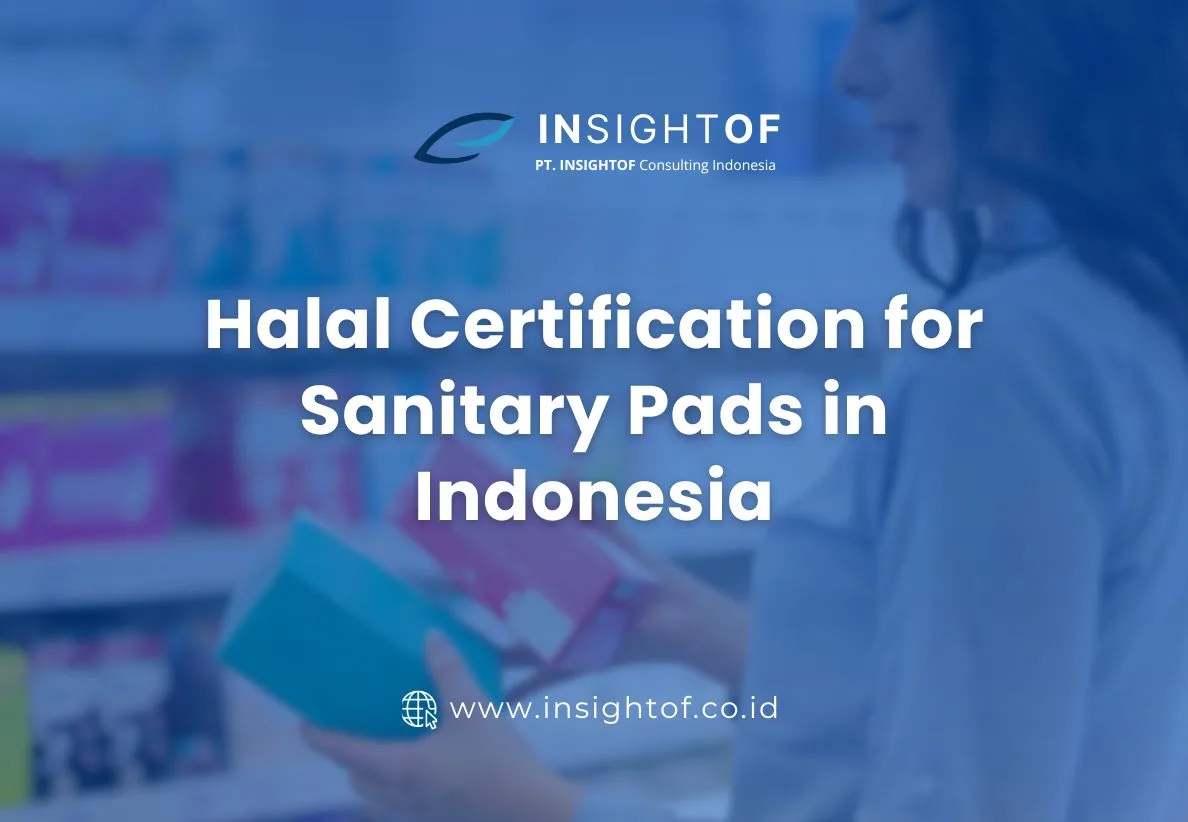

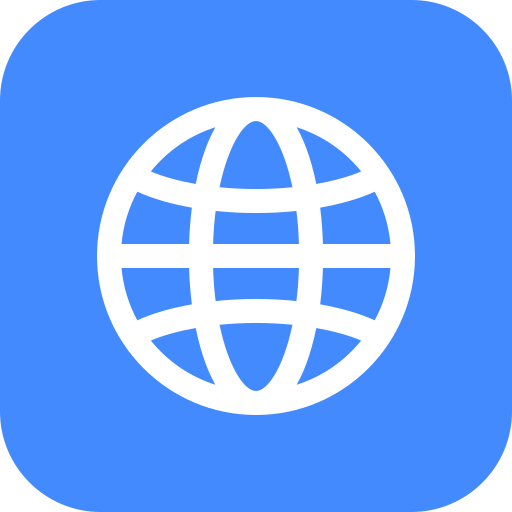
.svg/240px-YouTube_social_red_squircle_(2017).svg.png)
